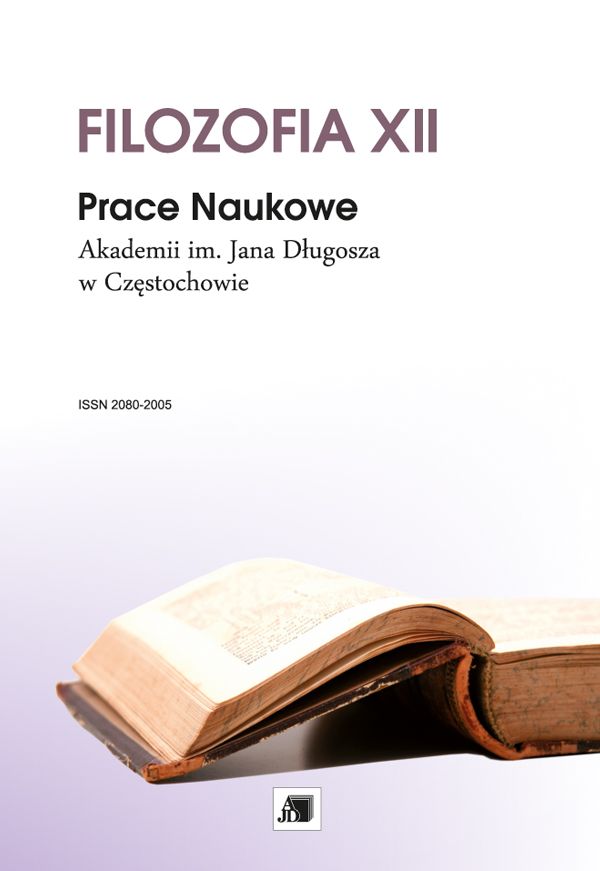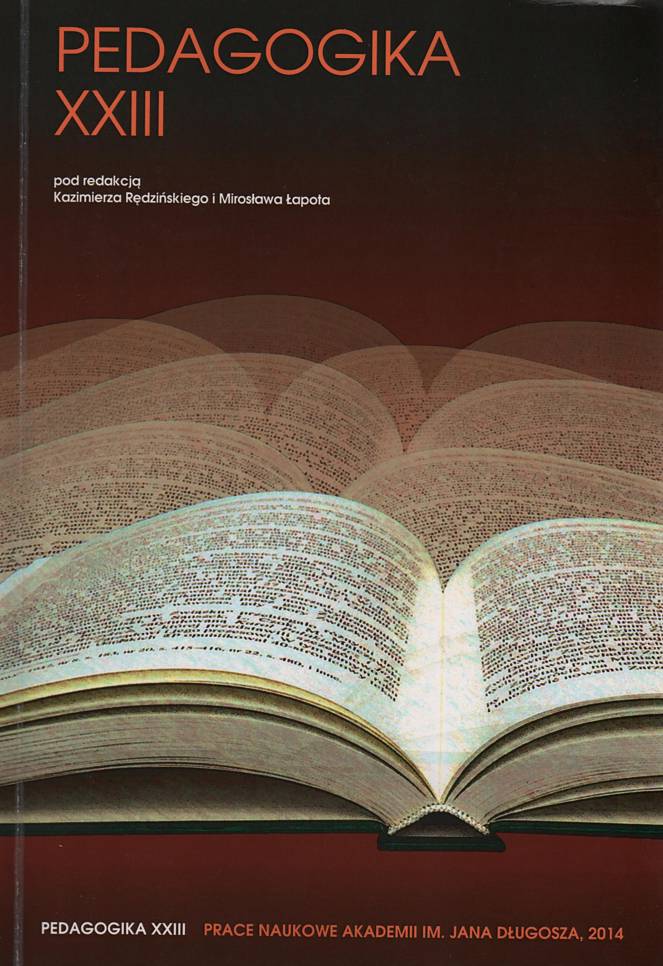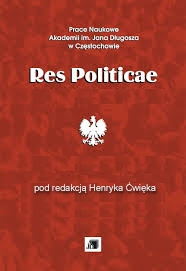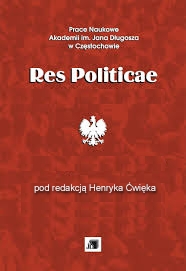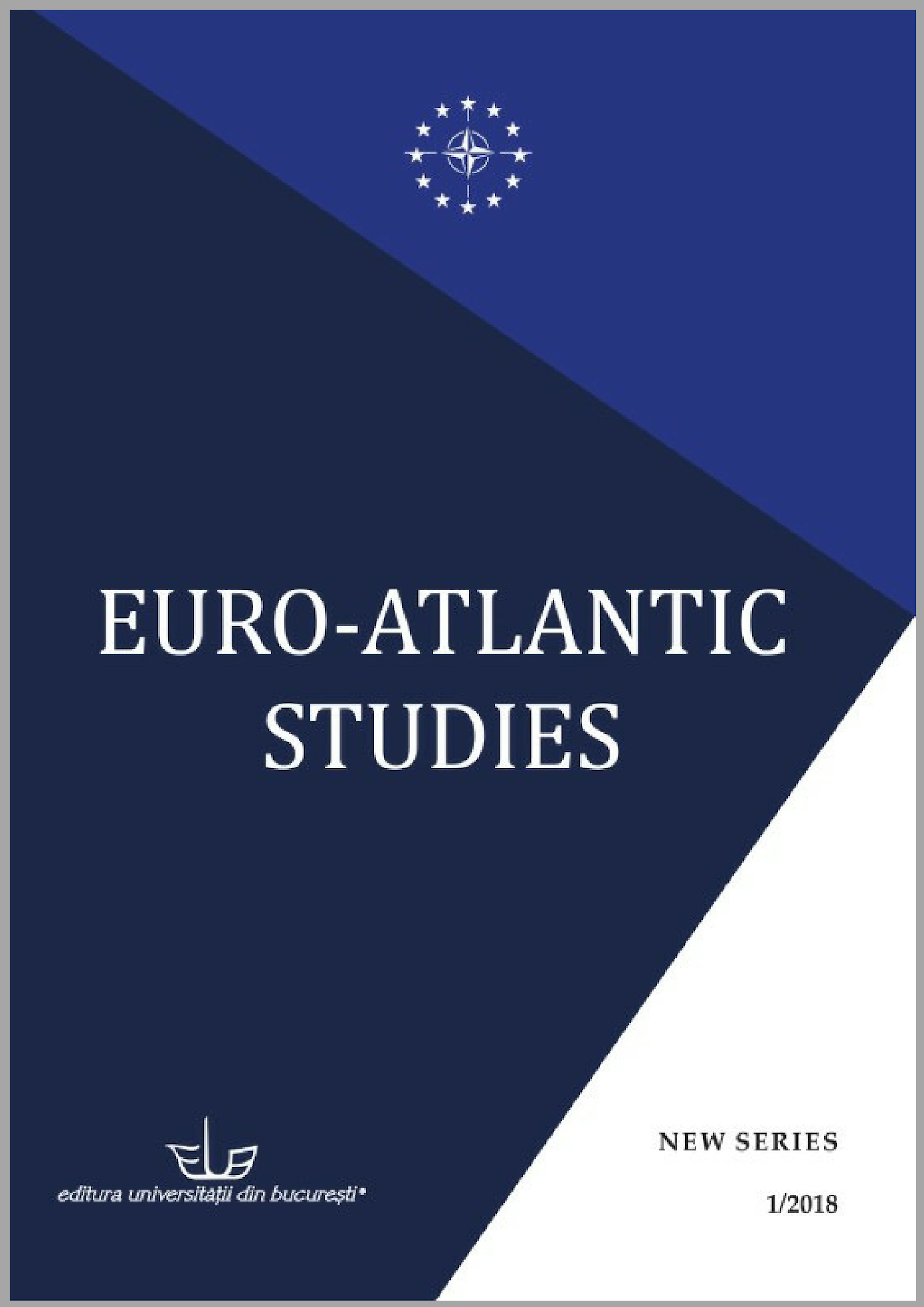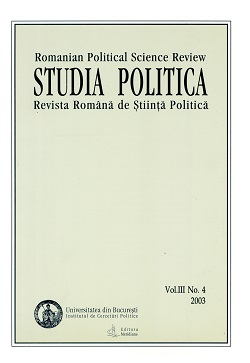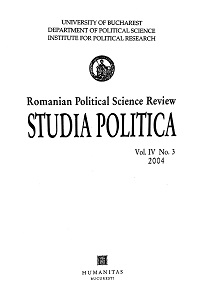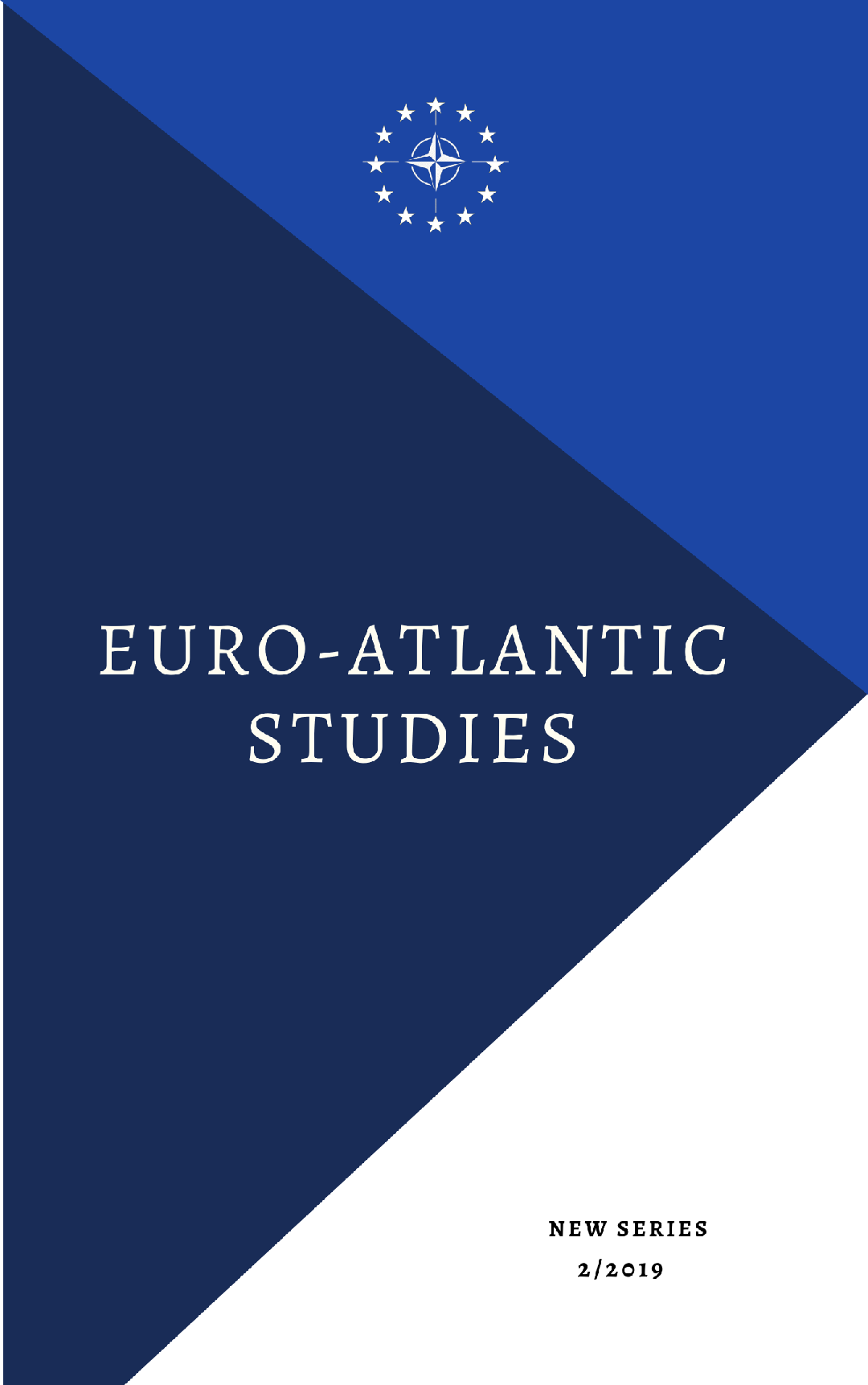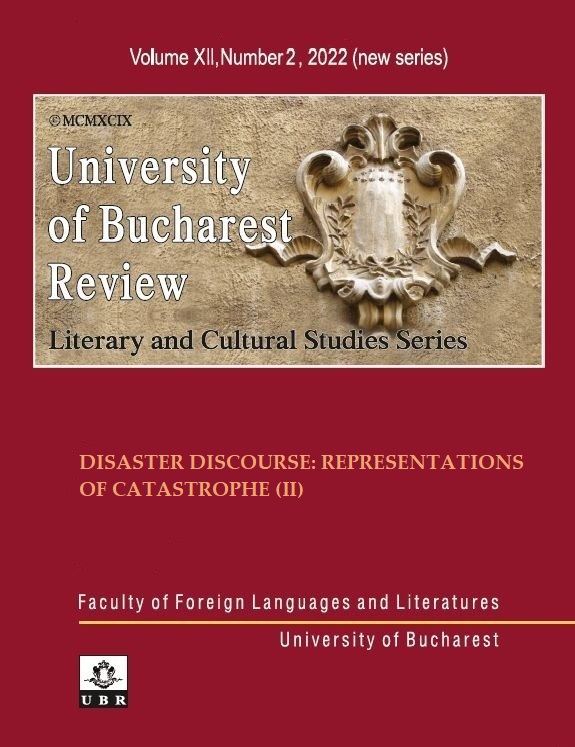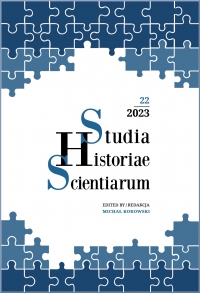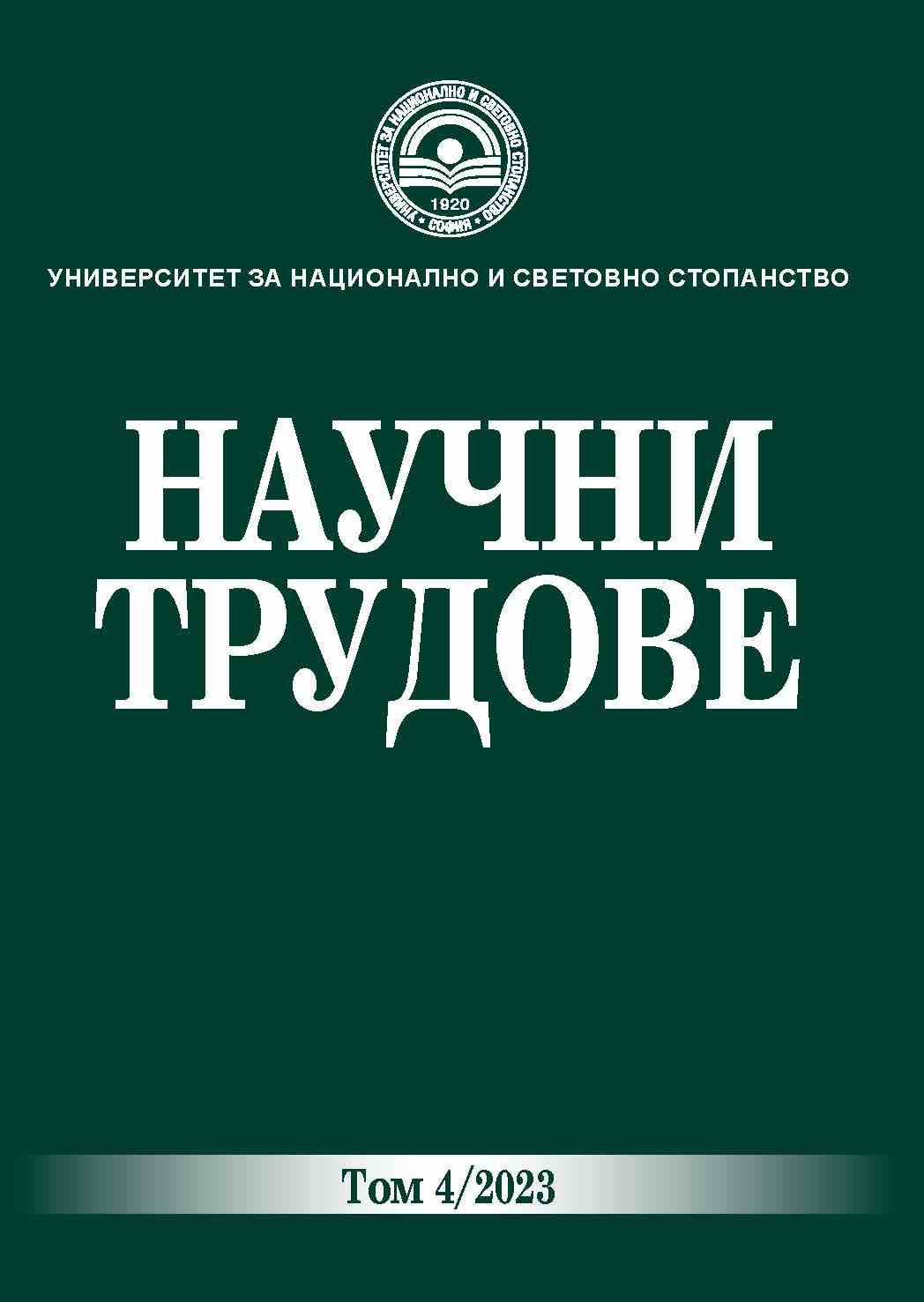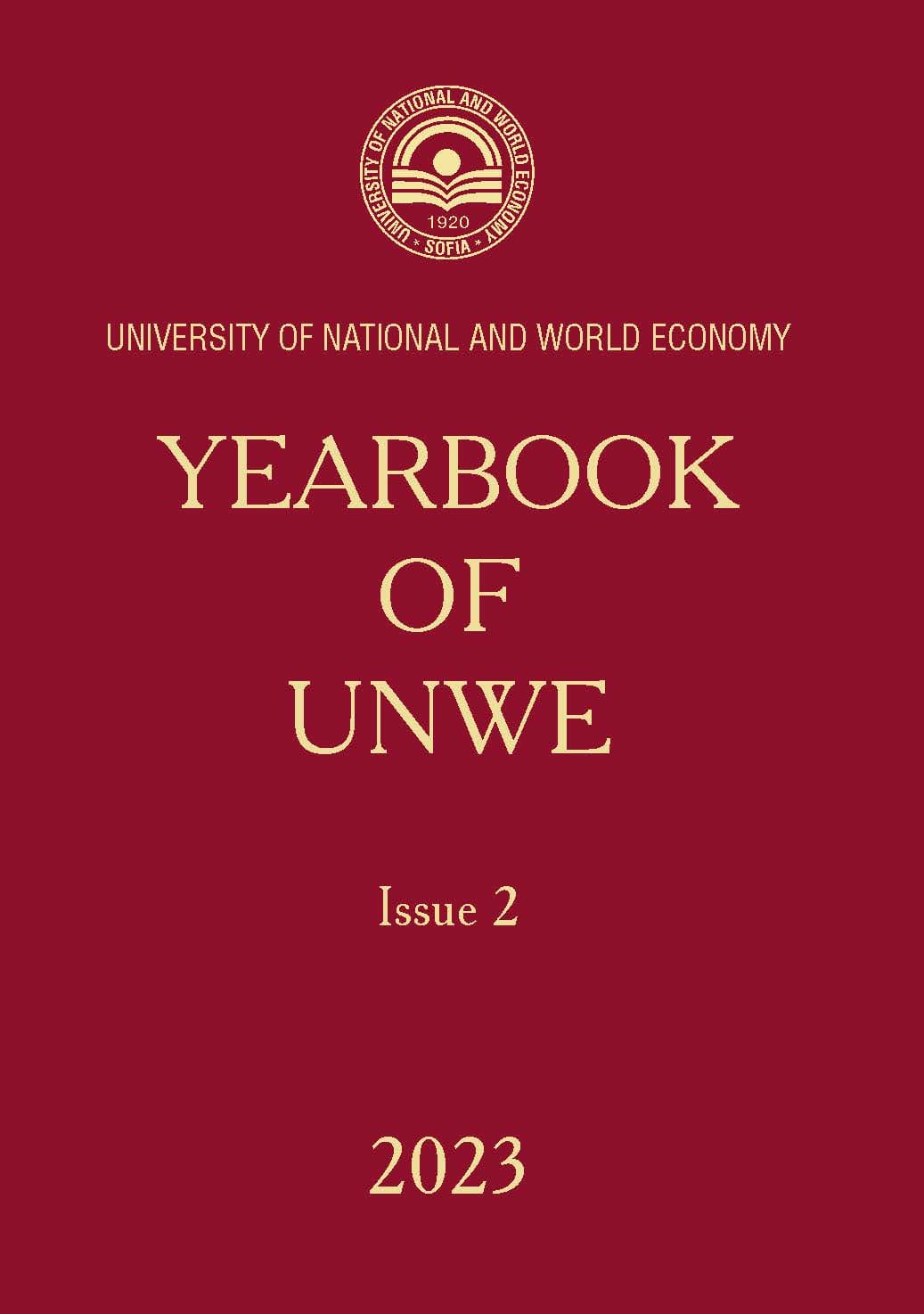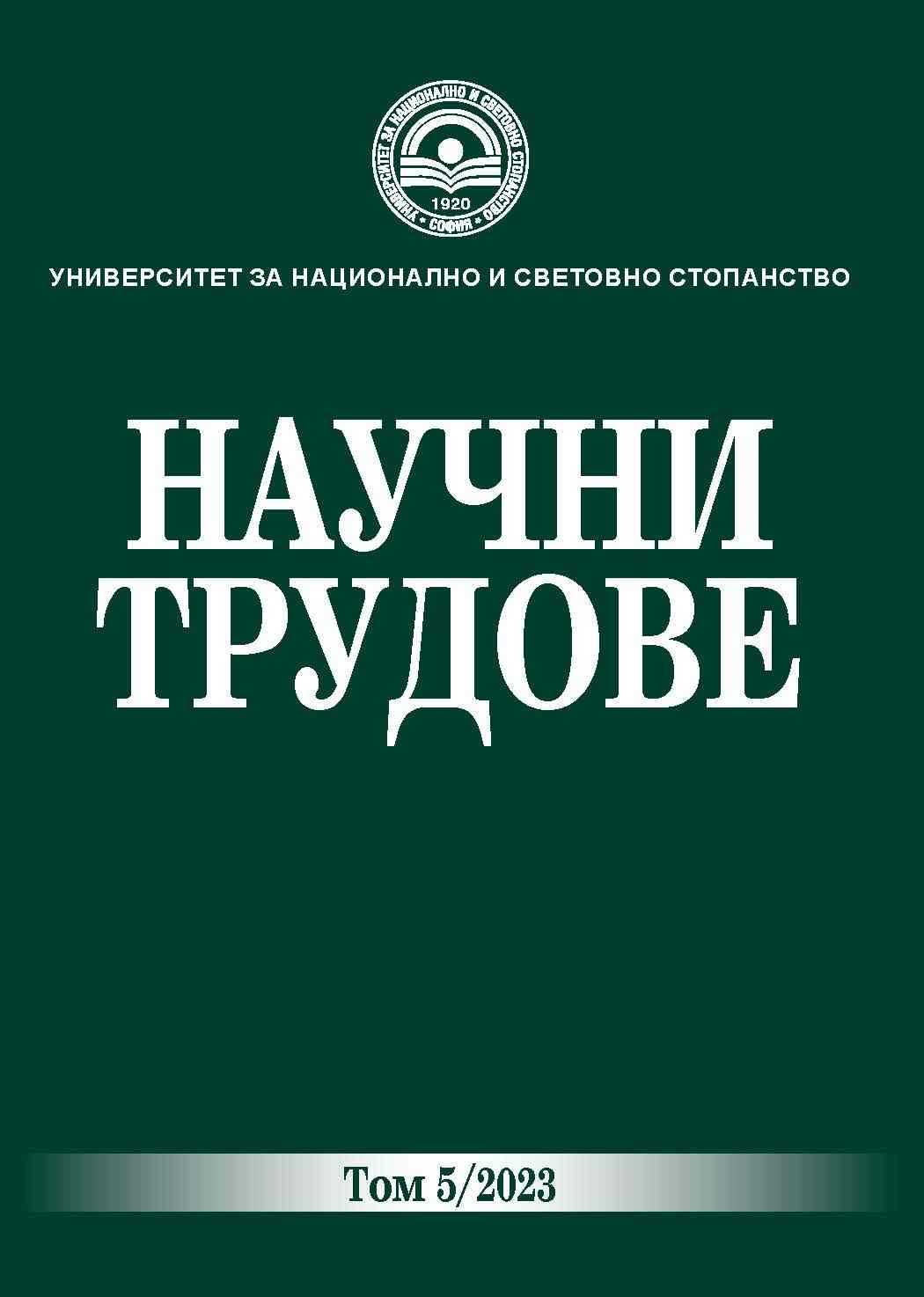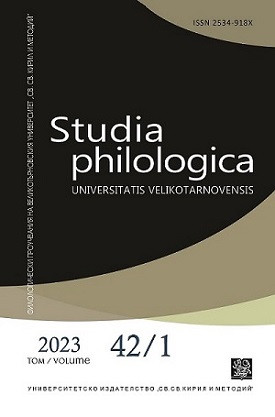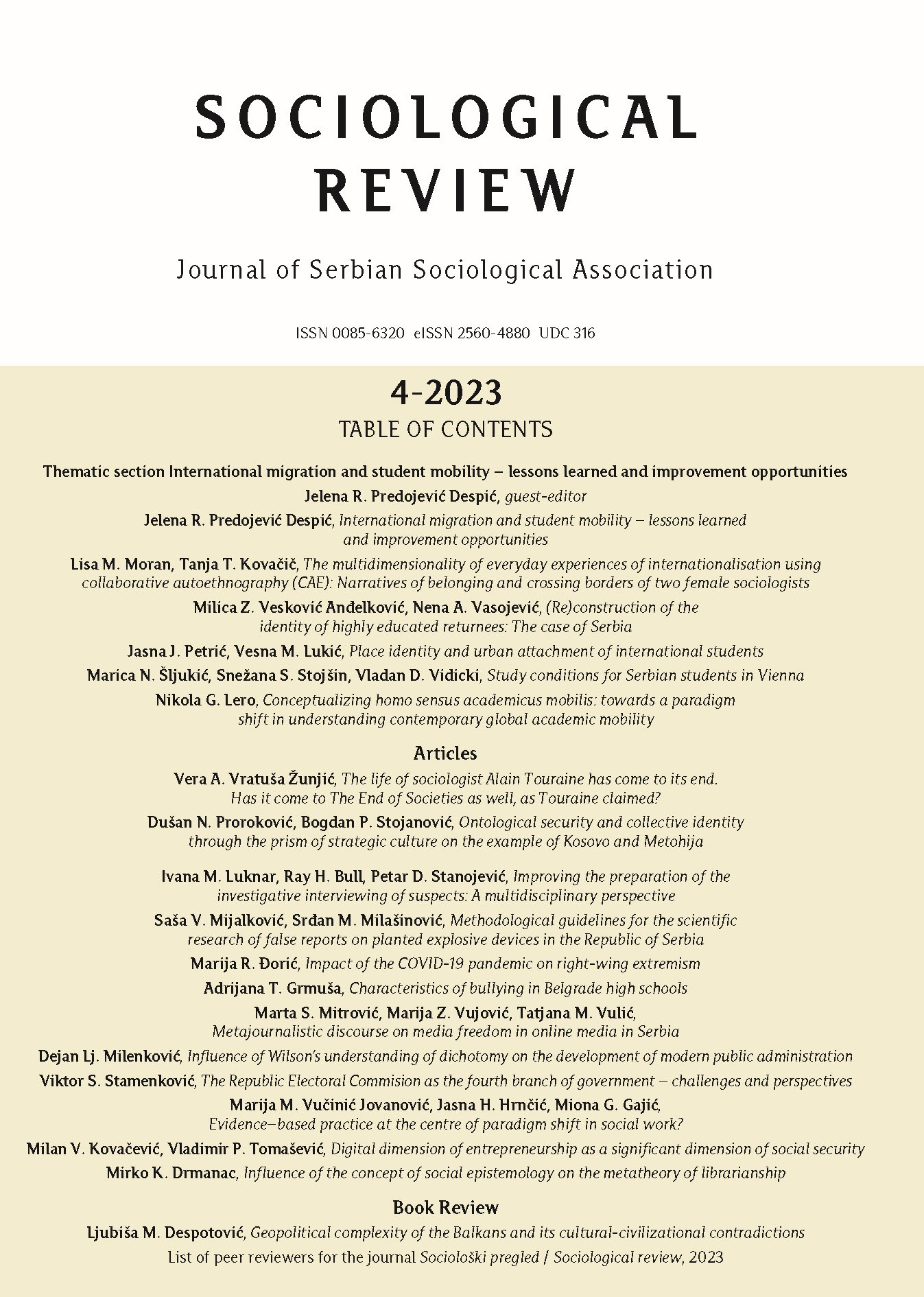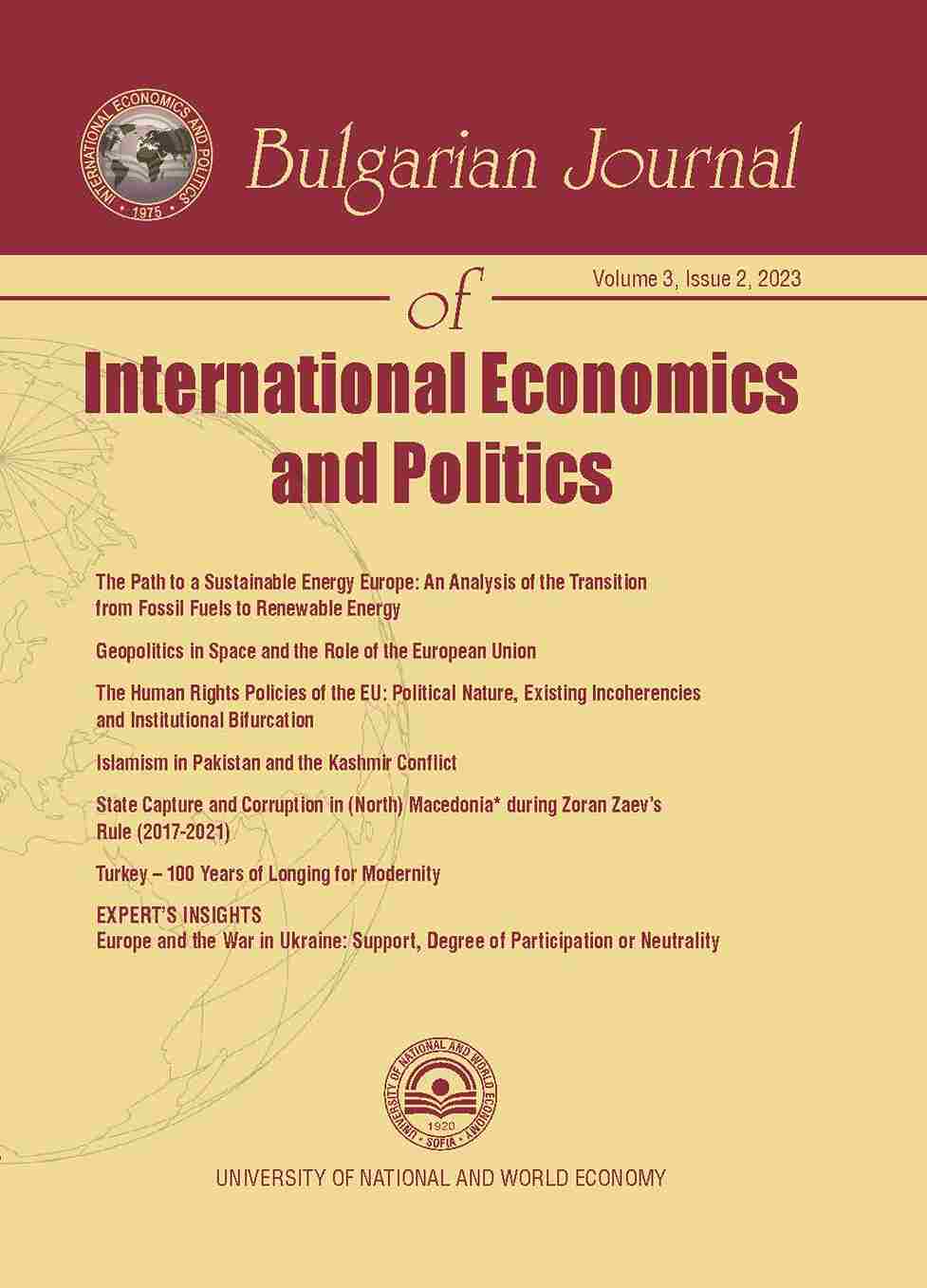Author(s): Horia Iova / Language(s): English
Issue: 2/2022
This article offers an analysis of a series of diplomatic gifts of African origin, part of the “Nicolae and Elena Ceaușescu Collection” of the ASTRA National Museum Complex in Sibiu, Romania, from the perspective of their capacity of evoking the trauma of the colonial oppression, in an international context. While the collection includes a high variety of objects, of different types and origins, this study will focus on a selection of black wood and ivory sculptures which explicitly refer to catastrophic aspects of the colonialist encounter, such as war and slavery, and belong to a particular kind of political objects offered by African leaders to their counterparts throughout the second half of the 20th century. Although the objects derive from the colonial interaction and may seem, at first sight, an alienation of local artistic traditions, made for an external audience, so as to satisfy foreign tastes and expectations, I argue for understanding them as expressions of the catastrophic realities of the colonial oppression, which belong to the local culture and serve two main purposes. Firstly, they act as parts of a form of cultural resistance, as commentaries upon the endured violence and humiliation. Secondly, they serve as political messages for an external audience, meant to raise sympathy and support for the cause of the people’s liberation. The conceptual framework of performativity and cultural performance, as explained by anthropologist Victor Turner provides an understanding of the way in which social conflicts are memorized and communicated in artistic forms, while the works of Africanists such as Bennetta Jules-Rosette, Harry G. West and Nichole Bridges offer an overview of the aesthetics and functions of African sculpture as objects of communication, throughout the colonial and post-colonial eras. Comparative studies, referring to the contributions of Alexandre Girrard-Muscagorry and Alexander Bortolot, provide concrete example of African sculptures being offered to several state leaders in diplomatic context, hereby offering valuable insights for the interpretation of similar objects in the “Nicolae and Elena Ceaușescu” collection.
More...
